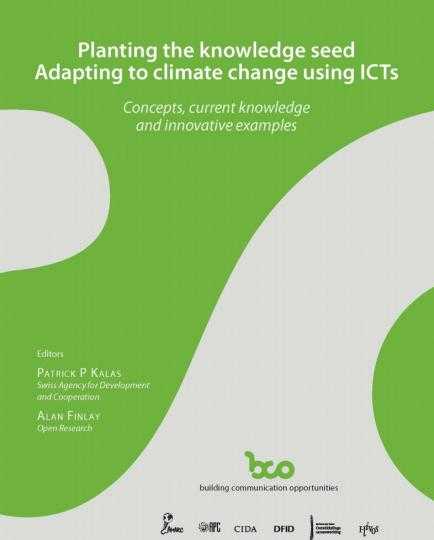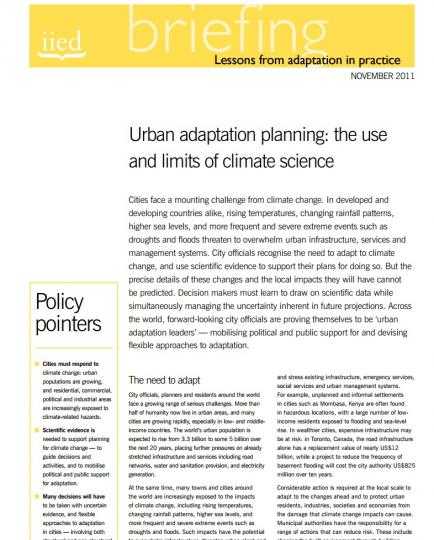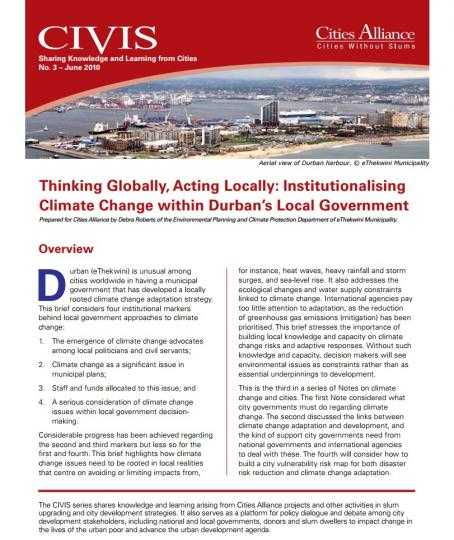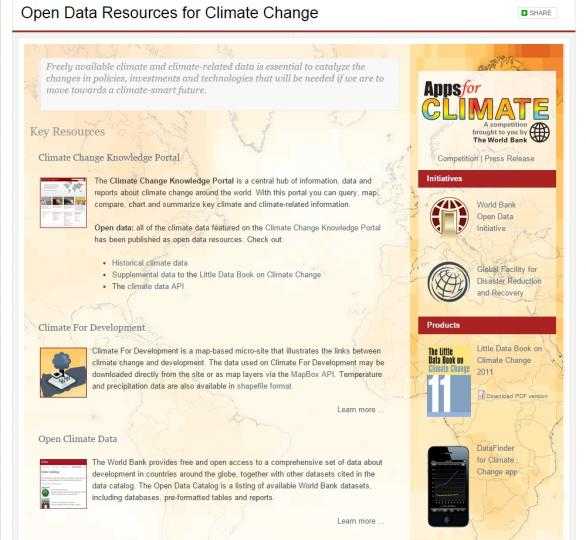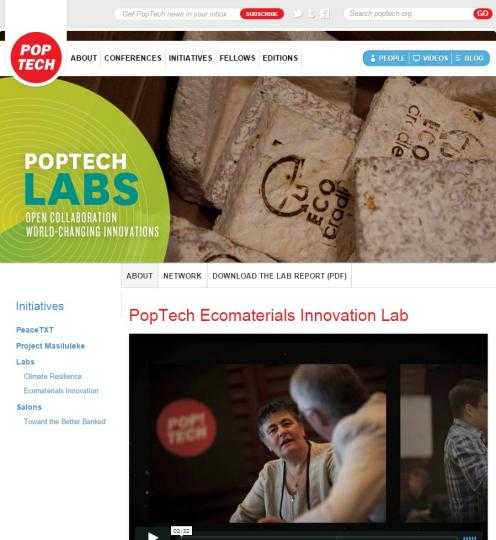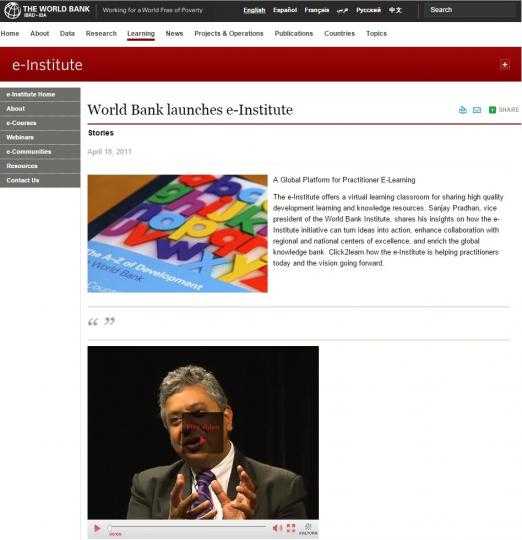Les mesures environnementales pour le développement durable liées à l’adaptation au changement climatique, à la gestion des bassins versants, à la gestion des risques de catastrophes, au développement territorial participatif, etc., nécessitent la mise en place de processus, d’outils et de méthodes de communication pour la sensibilisation, le partage des connaissances et la participation communautaire.
Communication is a key to promoting sustainable development. Communication for Development or ComDev, an approach applied by FAO that combines a variety of participatory communication processes and tools, ranging from rural radio to the Information and Communication Technologies (ICTs), is central to this task.
This guidebook is intended to support educators in developing their understanding of the science of climate change, observed and anticipated impacts, and different possible responses. The guidebook also covers the impacts on society, as well as political and educational responses to climate change.
The publication takes you on a journey to explore the practical linkages between climate change, access to and sharing of information and knowledge, communication for development and ICTs in general. More specifically, it considers how everyday information and communication tools such as radios, mobile phones, personal computers, the internet and interactive media can help reduce the risks of climate change faced by the most vulnerable segments of the global village through providing access to and the sharing of timely information and critical knowledge.
Cities face a mounting challenge from climate change. In developed and developing countries alike, rising temperatures, changing rainfall patterns, higher sea levels, and more frequent and severe extreme events such as droughts and floods threaten to overwhelm urban infrastructure, services and management systems. City officials recognise the need to adapt to climate change, and use scientific evidence to support their plans for doing so. But the precise details of these changes and the local impacts they will have cannot be predicted.
In Durban, climate change concerns were mainstreamed within various municipal short term and long-term planning processes. They also acted as a catalyst for the development of a new assessment tool to facilitate the incorporation of climate change concerns into the city’s long term planning. This will help reduce the tensions between development and environmental priorities by allowing decision makers to better understand long-term development.
Credit: Cities Alliance.
Freely available climate and climate-related data is essential to catalyze the changes in policies, investments and technologies that will be needed if we are to move towards a climate-smart future.
A focused look at next-generation sustainable materials innovation from the folks at PopTech.
The e-Institute offers a virtual learning classroom for sharing high quality development learning and knowledge resources.
